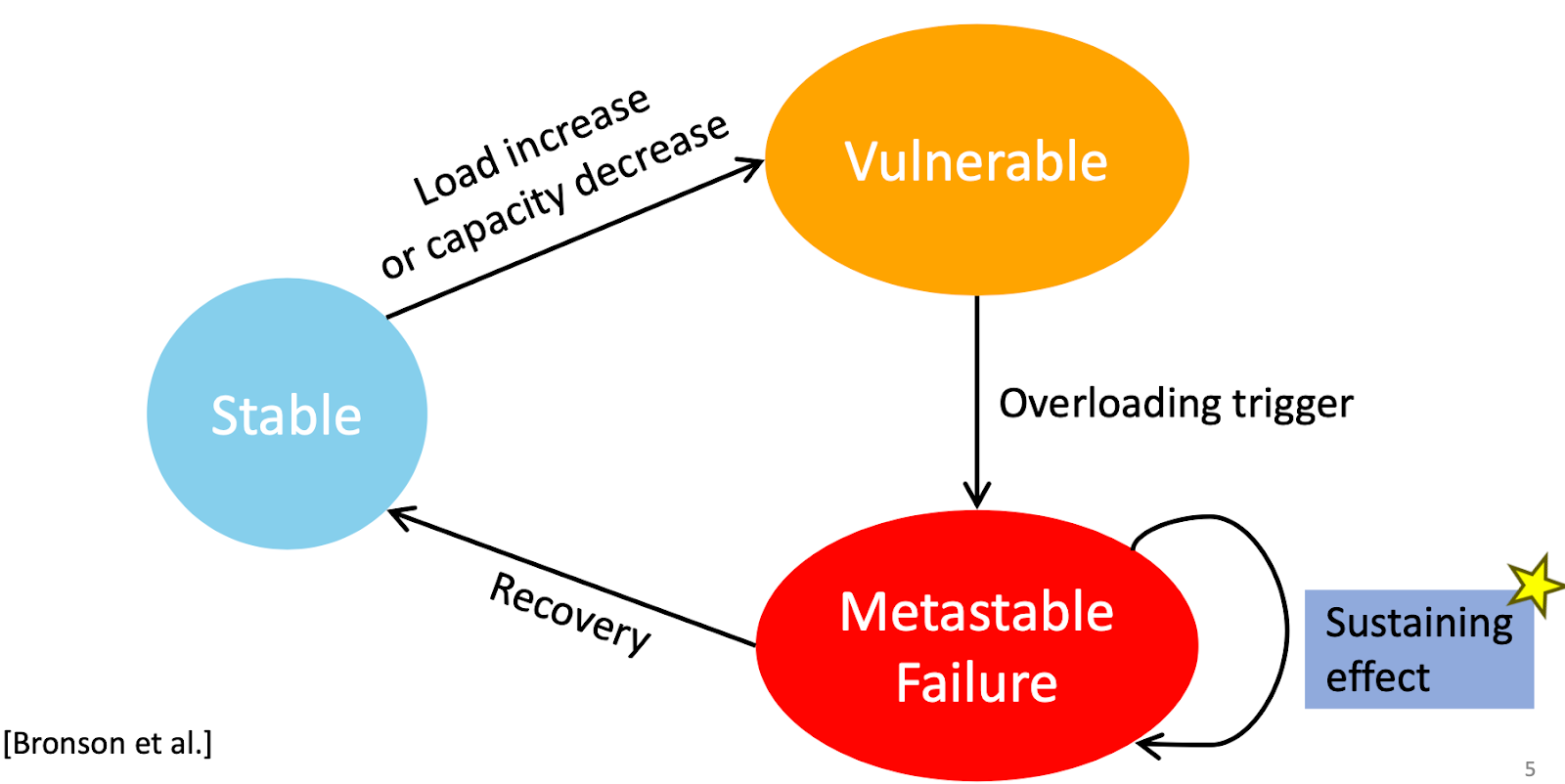New directions for distributed systems research in cloud computing
This post is a continuation of my earlier post on "a distributed systems research agenda for cloud computing". Here are some directions I think are useful directions for distributed systems research in cloud computing. Data-driven/data-aware algorithms Please check the Facebook and Google software architecture diagrams in these two links: Facebook Software Stack , Google Software Stack . You will notice that the architecture is all about data: almost all components are about either data processing or data storage. This trend may indicate that the distributed algorithms should need to adopt to the data it operates on to improve performance. So, we may see the adoption of machine-learning as input/feedback to the algorithms, and the algorithms becoming data-driven and data-aware. (For example, this could be a good way to attack the tail-latency problem discussed here .) Similarly, driven by the demand from the large-scale cloud computing services, we may see power-man




